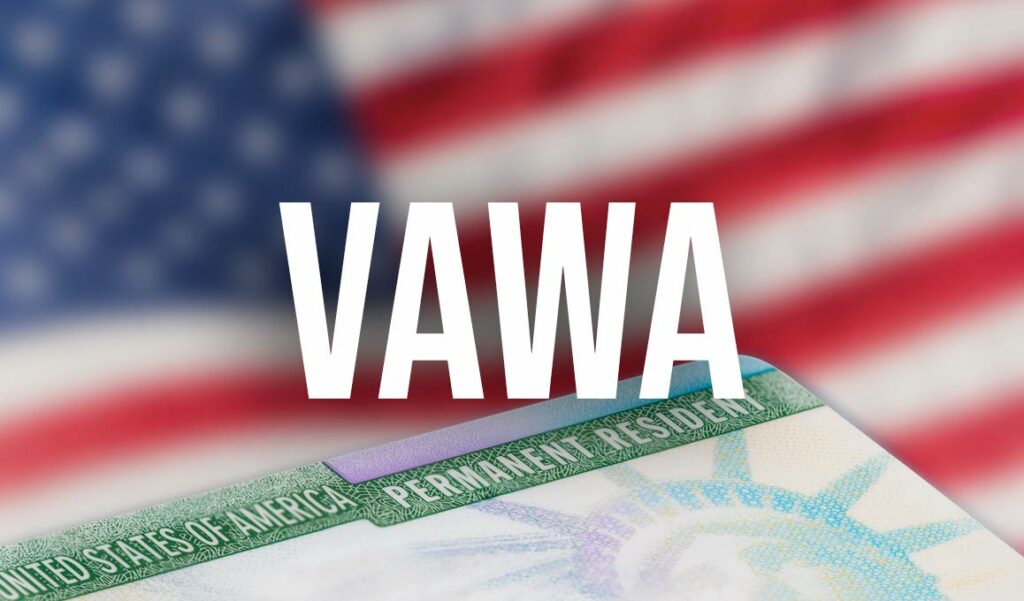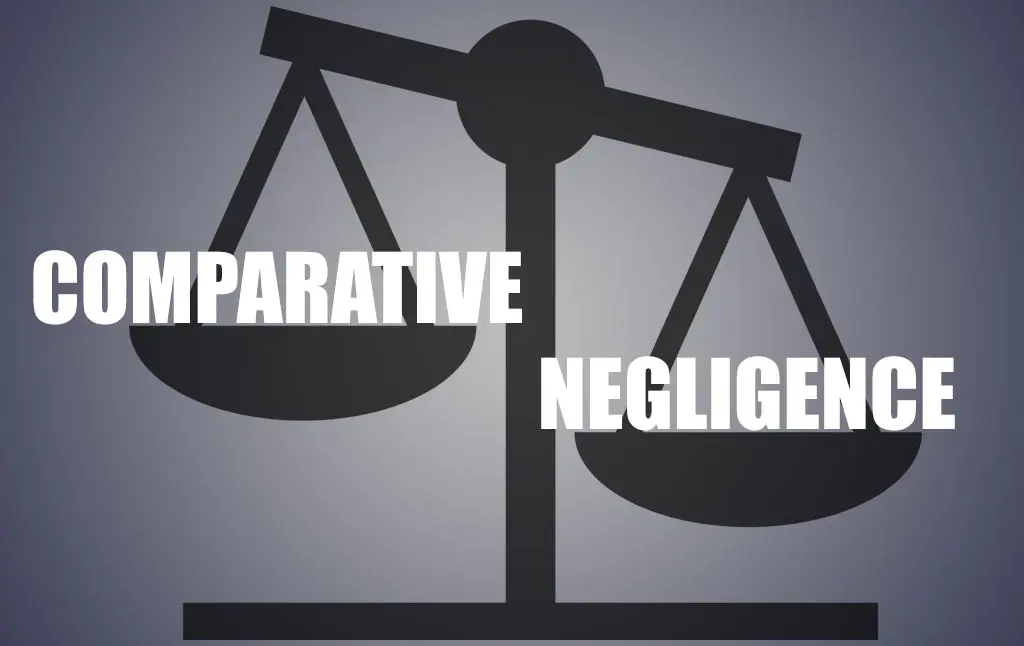Author:
-

Fiancé Visa Attorney: Your Complete Guide to Finding the Right Immigration Lawyer for K-1 Visa Success
Navigating the K-1 fiancé visa process can feel like traversing a legal maze filled with complex requirements, strict deadlines, and potential pitfalls that could derail your dreams of being together. Choosing the right fiancé visa attorney often makes the difference between a smooth immigration journey and months of delays, additional costs, or even application denials.…
-

TPS Extension 2025: Complete Guide to Temporary Protected Status Updates and Policy Changes
The year 2025 has brought unprecedented changes to the Temporary Protected Status program, with significant policy shifts affecting hundreds of thousands of individuals across multiple countries. Understanding the TPS extension 2025 landscape has become crucial for beneficiaries, employers, and immigration practitioners navigating the complex web of designations, terminations, and legal challenges that define this critical…
-

VAWA Self-Petition Requirements: Complete Guide to Filing Under the Violence Against Women Act
The Violence Against Women Act provides a critical pathway to safety and independence for survivors of domestic violence who are trapped in abusive relationships with U.S. citizens or lawful permanent residents. Understanding the VAWA self-petition requirements is essential for survivors seeking to escape abuse while securing their immigration status without relying on their abuser’s cooperation…
-

E-2 Visa Business Plan Requirements: Complete Guide to Creating a Winning Immigration Business Plan
The E-2 treaty investor visa represents one of the most attractive pathways for entrepreneurs seeking to establish or expand their business operations in the United States. However, success in obtaining this visa depends heavily on meeting the stringent E-2 visa business plan requirements that demonstrate your investment’s viability, economic impact, and compliance with immigration regulations.…
-

Free Immigration Lawyer Questions Online: Where to Get Expert Legal Guidance Without the Cost
Table of Contents When Maria received her deportation notice, she panicked. As a single mother working two minimum-wage jobs, hiring an immigration attorney seemed impossible. Yet within 48 hours, she had connected with qualified immigration lawyers through free online platforms, received initial guidance on her case, and learned about pro bono representation options that ultimately…
-

How Comparative Negligence Affects Your Personal Injury Claim in the U.S.
When you’re injured in an accident, determining who’s at fault isn’t always straightforward. In many cases, multiple parties share responsibility for what happened. This is where the legal doctrine of comparative negligence comes into play, fundamentally shaping how personal injury claims are resolved across the United States. Understanding how comparative negligence works can mean the…
-

When to Hire a Lawyer vs. Seek Legal Consulting: A Guide for First-Time Clients
If you’re dealing with a legal issue for the first time, one of the first decisions you’ll face is whether to hire a lawyer or seek legal consulting. While both options offer support, they serve different purposes. This guide explains the key differences, when to use each one, and how to interact with legal professionals…
-

Understanding Legal Timelines and Deadlines: A Beginner’s Guide
If you’re involved in a legal case for the first time, you’ll quickly realize how important deadlines are. Courts run on schedules, and missing even one deadline can damage your case, delay progress, or lead to fines or dismissal. This article explains how legal timelines work, what terms you need to know, and how to…
-

What to Bring to a Legal Consultation: A First-Time Client’s Checklist
If you’re meeting with a lawyer for the first time, it’s normal to feel unsure about what to expect—or what to bring. Whether you’re facing a criminal charge, civil lawsuit, family matter, or simply seeking legal advice, coming prepared helps your lawyer understand your situation faster and give you more accurate guidance. This article will…
-

How to Read a Court Document or Notice: A Guide for First-Time Clients
Receiving a court document can be intimidating, especially if you’re new to the legal system. The language can be confusing, the layout unfamiliar, and the stakes feel high. But learning how to read and understand a court notice is essential—whether you’ve been sued, subpoenaed, or charged with a crime. This article walks you through the…